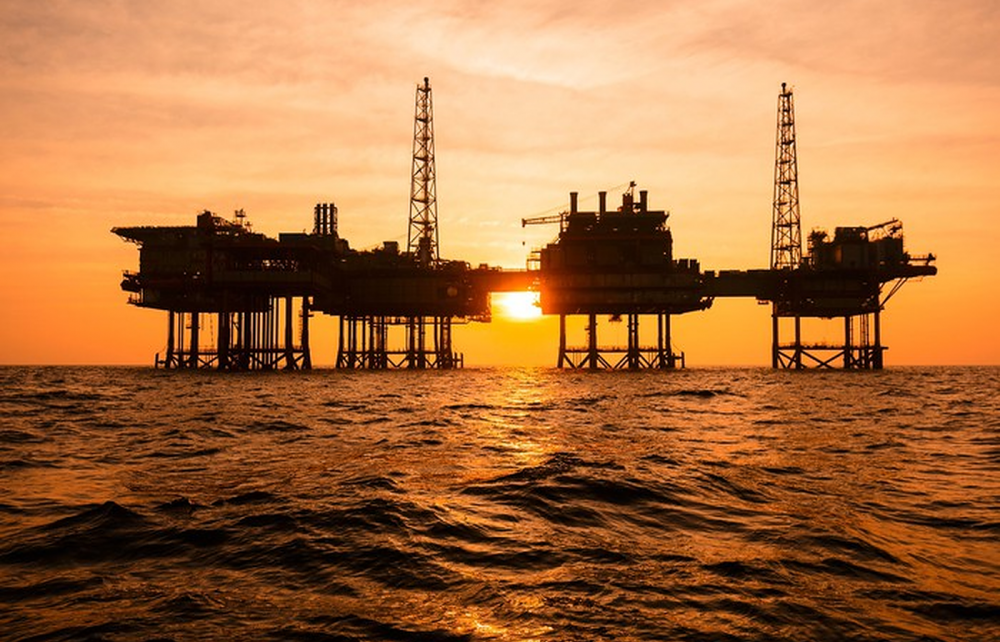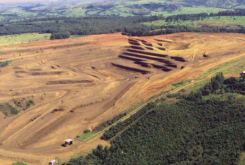Mozambique is set to earn USD 96 Billion in revenue over the life-cycle of its Liquefied Natural Gas (LNG) projects, which could transform the structure of the economy, if “managed effectively”, according to the Economist Intelligence Unit (EIU).
On 12 October, Banco de Mocambique (BDM, the central bank) released plans for the country’s proposed sovereign wealth fund (SWF), to manage revenue from the upcoming LNG. The SWF is designed to help the authorities to properly manage the enormous revenue from the LNG sector and maintain fiscal stability when prices fluctuate.
Mozambique’s gas projects are planned to reach full production capacity in the mid-2030s. “If the SWF can be established ahead of the gas revenue coming in, and it has sufficient regulation and is not subject to significant state capture and corruption, revenue will be managed effectively, and there will also be significant spillover effects for other sectors, transforming the structure of the economy”, the EIU says in its most recent report on Mozambique.
The Area 4 project, one of the three ongoing, is run by Mozambique Rovuma Ventures, a partnership owned by ExxonMobil, ENI and the CNPC, which together control 70% of the holding, with the remaining 30% split into equal parts between Portuguese group Galp Energia, South Korea’s Kogas and Mozambican state oil company ENH.
The “transformative nature of the LNG discoveries”, the EIU adds, “lies in its ability to stimulate long-term, sustainable economic growth through economic diversification, skills development and job creation across the energy, agriculture, agro-processing, manufacturing and construction sectors”.
“Promoting broader economic growth, with investments across new and existing industries, will help Mozambique to avoid the resources curse, whereby much of the population gets considerably poorer following the discovery of large commodity wealth”, the report adds. Of the processed gas, the Mozambican authorities have announced that some will be processed and monetised domestically across industries such as building compressed natural gas stations, liquefied petroleum gas bottling plants, cement factories, petrochemicals units and fertiliser trains.
A planned gas pipeline will supply natural gas from the Rovuma Basin (where the Area 4 site is located) to South Africa. There will also be spillover effects across auxiliary sectors, such as construction and financial services, providing a boost to headline GDP and also creating jobs domestically and facilitating productive inward investment. “Achieving such long-term economic growth and diversification will require ongoing investment and a supportive policy environment from the government”, the EIU warns.
According to the Sovereign Fund proposal, during the first two decades of LNG production, half of the state’s share of the revenue will go to the fund and the remainder to the government budget. After the 20-year period is over, 80% of the state’s share of the revenue will go into the SWF.
The authorities aim to have the SWF operational before revenue from the upcoming LNG projects starts to flow. Production at the Coral field is scheduled to begin in 2023. This is the smallest of the three sites currently under development, run by an Italian energy company, Eni.
The larger Area 1 site (managed by France’s Total) is planned to begin in 2024. The production target date for the Area 4 site, managed by a US energy major, ExxonMobil, has been pushed back, owing to delays to the final investment decision (FID) being reached and is likely to take place in 2026.
Once the three sites are fully operational, Mozambique will have the ability to export 31m tonnes/year of natural gas (equivalent to some 10% of the global market in 2019).
According to the EIU, there are a number of risks to the projects being developed to the latest schedules, including “the growing insurgency in the northern Cabo Delgado province, the ongoing coronavirus (Covid-19) pandemic and Mozambique’s ongoing debt crisis”. “These factors, alongside rising operational costs, have already delayed the FID for ExxonMobil’s Area 4 project, the date of which is not certain, pushing back project development timelines”, it adds.
According to the latest EIU forecast, after contracting in 2020, real GDP will pick up in 2021-22 as the coal industry rebounds, and will accelerate from 2023 as the gas industry develops.
On July 15th, the African Development Bank (AfDB) released a statement confirming that financing of about USD 15.8bn for the Area 1 LNG project had been signed, with a consortium of 20 banks and financial institutions backing the project.




